Herpes Rash Explained: Symptoms, Causes, Prevention & Treatment
All about how Herpes affects your skin health and ways to protect yourself against it.
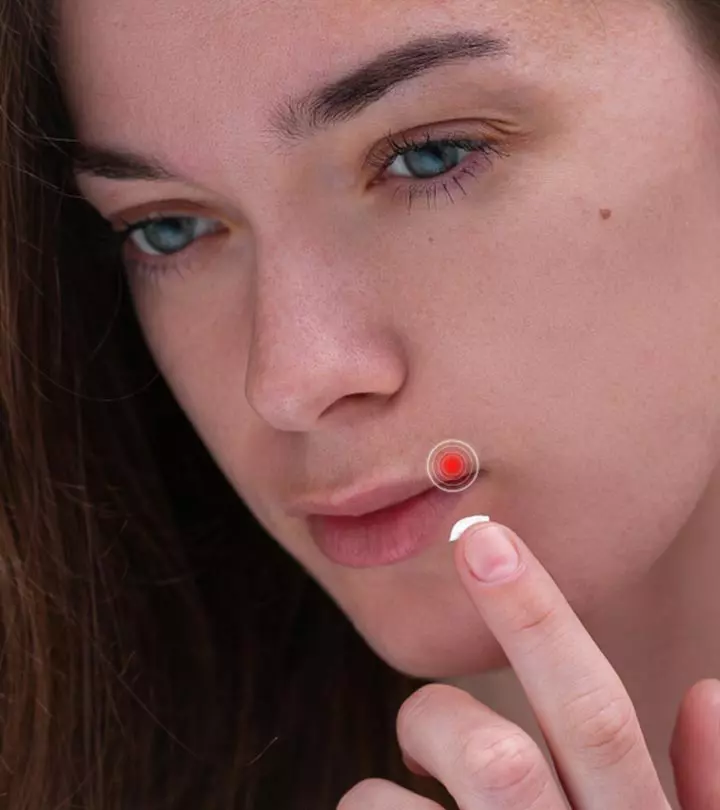
Image: Shutterstock
Herpes on skin is caused by a viral infection, which starts as a small pimple-like bump and develops into sores or rashes. These rashes may appear on different body parts, including the area around the mouth or the genital, depending on the type of virus that caused the infection.
More than one out of every six people between ages 14 and 49 have some form of herpes in the US (1). It is contagious and may spread through skin contact with the infected person. Awareness is the best possible way to prevent and deal with herpes. This article explores herpes rashes, symptoms, treatment, and prevention tips. Scroll down.
In This Article
What Is A Herpes Skin Rash?
Herpes rash is a skin infection caused by the Herpes Simplex Virus (HSV) 1 and 2. Both viruses cause rashes but in different ways and locations on the body. “Herpetic skin rash is caused by a virus that is passed from person to person through physical contact with an infected lesion,” says Dr. Sabina Rebis, a family medicine physician. “The viral particles from the lesion must be in contact with either a mucosal membrane (like the lips or the vaginal mucosa) or an open wound/scrape/abrasion on the other person to transmit,” adds Dr. Sabina Rebis.

 Trivia
TriviaRead on to understand further the causes of these rashes and where they occur.
Key Takeaways
- Herpes rash is a skin infection caused by the Herpes Simplex Virus (HSV) 1 and 2.
- HSV-1 rashes spread through kissing and touching the infected area. The HSV-2 rashes transmit through skin-skin contact (usually sexual contact).
- Antiviral medicines like acyclovir, famciclovir, and valacyclovir can relieve burning and itching caused by herpes rash.
Where Do Herpes Rashes Occur And What Causes Them?
The HSV-1 rashes usually appear around the mouth or lips and spread through kissing and touching the infected area. The HSV-2 rashes appear around the genitals and the pubic region and transmit through skin-skin contact (usually sexual contact).
The infection mostly occurs near the mouth and genital area. However, if you touch a herpes sore, it can transfer to your finger and any other body part that you may later touch.
You can get infected through:
- Touching a herpes sore
- Saliva or genital secretion of a person who has the infection
- Physical contact with the infected person
- Using the same lip balm or toothbrush as the infected person
You will not get herpes from:
- Sharing a toilet seat
- Touching the same surface or objects
- Sharing the same bed
Herpes infection can also be transferred from the mother to the infant during childbirth. Therefore, if you have an infection, it is better to consult the doctor during your pregnancy and seek proper treatment.
Herpes can also occur if your immune system is weak (2). It is possible for someone to never have had a herpes outbreak, and then develop one as an adult. Maintaining a healthy lifestyle and keeping your immune system strong is a key factor in preventing a herpes infection.
We now understand how herpes transmits. But what are its symptoms? How do you know if you have contracted herpes?
Symptoms Of Herpes
Symptoms of herpes include tingling, itching, burning, sores, or blisters around the mouth or genitals. Herpes may also cause swollen lymph glands and discomfort due to body aches, headaches, or fever.
While the infection around the mouth is called oral herpes, that around the genitals is called genital herpes.
The symptoms often occur in three to seven days from the time of exposure (3). Diagnosis of herpes typically involves a physical examination of the sores by a healthcare professional. They may perform a viral culture test or polymerase chain reaction (PCR) test. They might also recommend blood tests to detect the presence of antibodies against HSV, offering additional insight into whether the virus is present in the body.
While the symptoms of HSV-1 can last up to two to six weeks, HSV-2 symptoms can last up to three weeks (4).
The symptoms may become less severe and occur less often after the initial breakout. In addition, the recurrence of HSV-1 infection is far less frequent than the HSV-2 infection (5).
A study revealed HSV-1 (Herpes simplex virus) and HSV-2 are widespread viral infections in the United States and are responsible for recurring sores. About 80% of the US population aged 14-49 have HSV-1, and over 10% have HSV-2. Asymptomatic HSV is common, and it can still be transmitted. Untreated neonatal herpes is fatal in 60% of cases.
But would these symptoms recur? Or can you cure herpes once and for all? Let us understand more in the next section.
Is Herpes Curable?
No, herpes is not curable. The virus stays in the body once a person gets infected. It moves from the skin cells to nerve cells after the first outbreak and stays there. This is the dormant stage, and the virus may become active again. In addition, stress, illness, fatigue, sun exposure, fever, menstrual periods, or surgery can activate the virus.
We know that prevention is always better than cure. So how can you prevent a herpes infection? Find out in the next section.
How To Prevent Herpes?
According to Dr. Sabina Rebis, “Prevention means not engaging in sexual intercourse with someone with an active breakout as chances of transmission increase with an active lesion.”
As per the Centers for Disease Control and Prevention (CDC), the risk of infection transmission can be reduced by using condoms while having sex. But it cannot provide complete protection as it can occur in areas not covered by a condom (5).
 Quick Tip
Quick TipPeople infected with herpes should consider proper antiviral therapy to suppress outbreaks and prevent transmission. Let us now understand the treatment options available for herpes infection.
Treatment Options Available For Herpes On Skin
are targeted to reduce the duration of the outbreak and symptoms. The doctor may recommend antiviral medicines like acyclovir, famciclovir, and valacyclovir to relieve burning, itching, etc.,
Are There Any Home Remedies For Herpes?
According to board-certified dermatologist Dr. Stacy Chimento, “There has been insufficient evidence to support the routine use of these remedies. Tea tree oil seems to help with herpes. However, it must be diluted with a carrier oil before using it on a cold sore. Diluted apple cider vinegar also may help treat a cold sore breakout because of its antimicrobial properties.”
There are more home remedies for herpes, such as lemon balm, baking soda, herbal tea, etc. However, she feels it is better to talk to your doctor before attempting these home remedies for herpes to ensure safety and effectiveness.
There are some over-the-counter medications and ointments that can be applied to the infection to relieve the symptoms of herpes. However, if the infection lasts longer than 3-5 days, it is best to see a doctor to mitigate the symptoms and stop the infection from spreading.
When To Consult A Doctor
Though medications are available, the virus can cause complications in some people. Anyone with a long-term health condition, cancer, HIV, or undergone an organ transplant should seek immediate medical attention if they develop herpes.
“You should consult a doctor if you have severe symptoms that don’t go away. For example, symptoms like blisters or sores near eyes, persistent or high fever, or severe dehydration that doesn’t allow you to drink or eat”, says Dr. Stacy Chimento.
She also recommends consulting a doctor if you experience difficulty swallowing or breathing, your cold sore does not heal within two weeks, or if you experience irritation in your eyes.
People often confuse other rashes with herpes and may worry unnecessarily. But it is important to know the difference.
So, how can herpes impact your life? Find out in the next section.
What Is Living With Herpes Like?
Although individual personal experiences may vary, here are a few generally observed aspects of everyday life with herpes.
- The flare-ups can be painful but the sting is not always intense. It may disappear for several weeks, months, or even years only to reappear.
- Regular medication can be effective in dealing with unexpected flare-ups.
- Protected physical relationships are possible and normal with the condition.
- Attending support groups and interacting with other people with herpes can help alleviate the psychological burden.
- Learning to manage the symptoms can be challenging, but it is possible to get used to it and continue a normal social life.
Are there other conditions that may appear similar to herpes? Check out the next section to learn about them.
Other Common Rashes
Not every case of inflamed skin with painful rashes is a herpes infection. Other rashes or infections with a similar appearance include:
- Dermatitis: It can occur anywhere on the body. There are two types of dermatitis – contact and atopic. While contact dermatitis heals after the exposure to the irritant has stopped, atopic dermatitis can be prevented by proper moisturization.
- Jock Itch: It is a fungal infection that looks like a red rash with small blisters. But these blisters will not crust over like herpes. Instead, jock itch usually appears on the inner thighs and groin.
- Shingles: It is a painful skin rash with symptoms like itching and fluid-filled blisters. Unlike herpes, it appears in a small area on a person’s face, neck, or body.
- Razor Burns: It is an acne-like rash caused while shaving. It often creates red bumps and ingrown hairs that can be mistaken for herpes sores.
- Scabies: Unlike herpes, scabies can appear anywhere on the body. The signs of infection include redness, small pimples, bumps, or blisters.
Herpes is a common virus that can cause rash-like burning sores on the skin. These most commonly appear around the lips or genital area, but they can appear elsewhere on the body. Herpes infection has no cure since the virus prefers to linger in the body. Proper measures and treatment approaches, on the other hand, can aid in the management of this condition and the ability to lead a regular life. Because the symptoms might appear at any time during one’s life, antiviral medications should be considered to suppress them and prevent their recurrence.
Frequently Asked Questions
Is herpes always itchy?
Usually herpes rashes are itchy. However, some individuals may not present itchiness as a symptom, while some may have no visible rashes even after being infected.
Can herpes spread in bath water?
No. Herpes does not spread from bath water or swimming pools. The primary way herpes spreads is through physical contact with an infected sore.
Take a look at this video to explore the symptoms of herpes in both women and men. Learn about the symptoms, discover treatment options, and management techniques to deal with this health problem.
References
Articles on StyleCraze are backed by verified information from peer-reviewed and academic research papers, reputed organizations, research institutions, and medical associations to ensure accuracy and relevance. Read our editorial policy to learn more.
- About Genital Herpes, Centers For Disease Control And Prevention
https://www.cdc.gov/herpes/about/index.html - Herpes, U.S Department Of Veterans Affairs
https://www.veteranshealthlibrary.va.gov/142,85089_VA - Herpes Simplex Type 1
https://www.ncbi.nlm.nih.gov/books/NBK482197/ - Herpes Simplex Type 2
https://www.ncbi.nlm.nih.gov/books/NBK554427/ - Genital Herpes – CDC Fact Sheet (Detailed)
https://www.cdc.gov/herpes/about/index.html
Read full bio of Dr. Schwarzburg
Read full bio of Swathi E
Read full bio of Eshna Das
Read full bio of Monomita Chakraborty






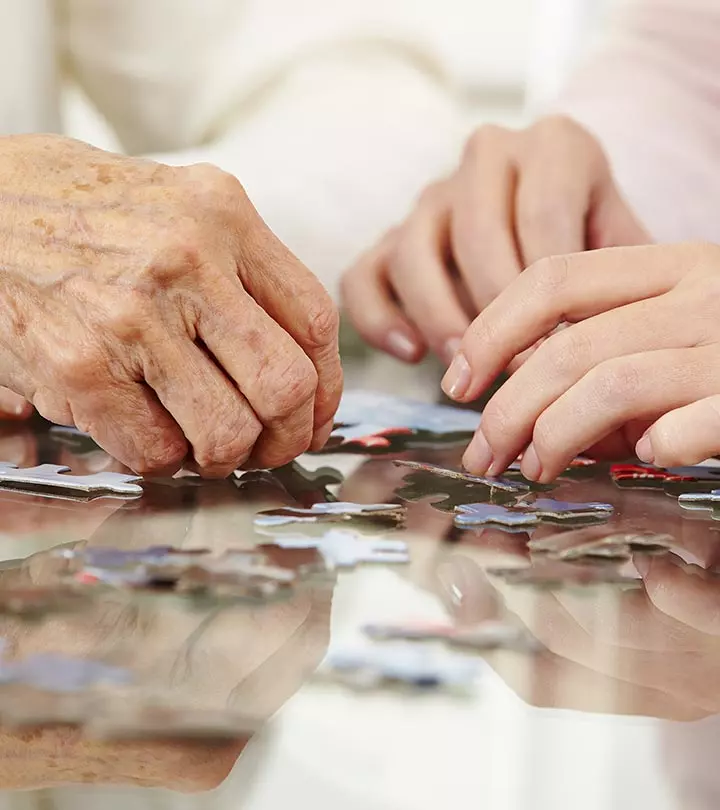
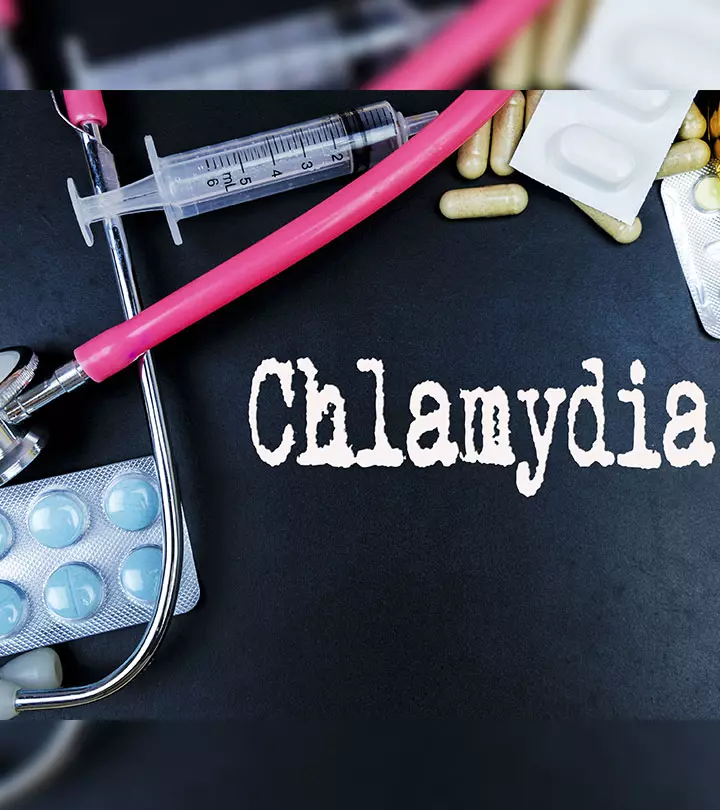
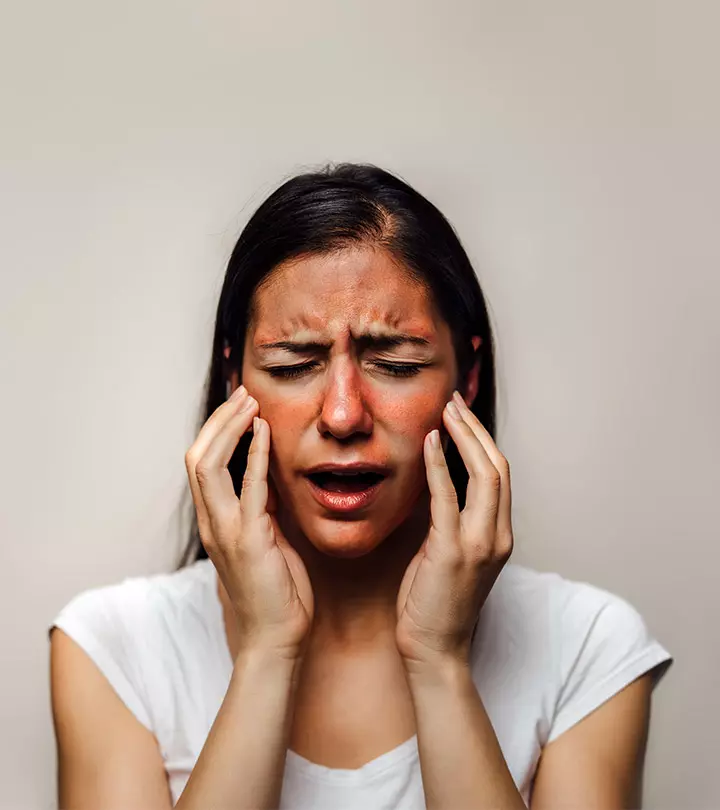
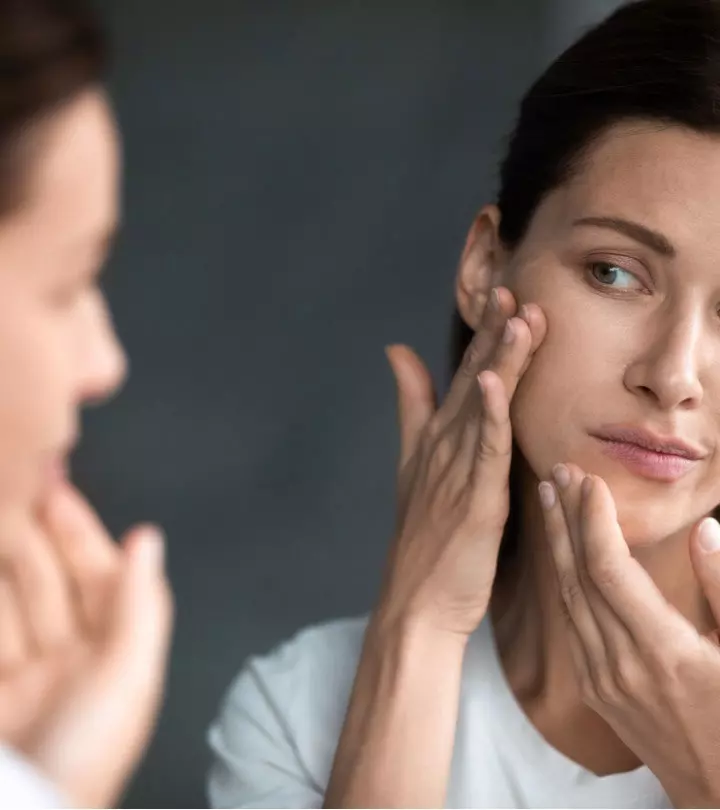

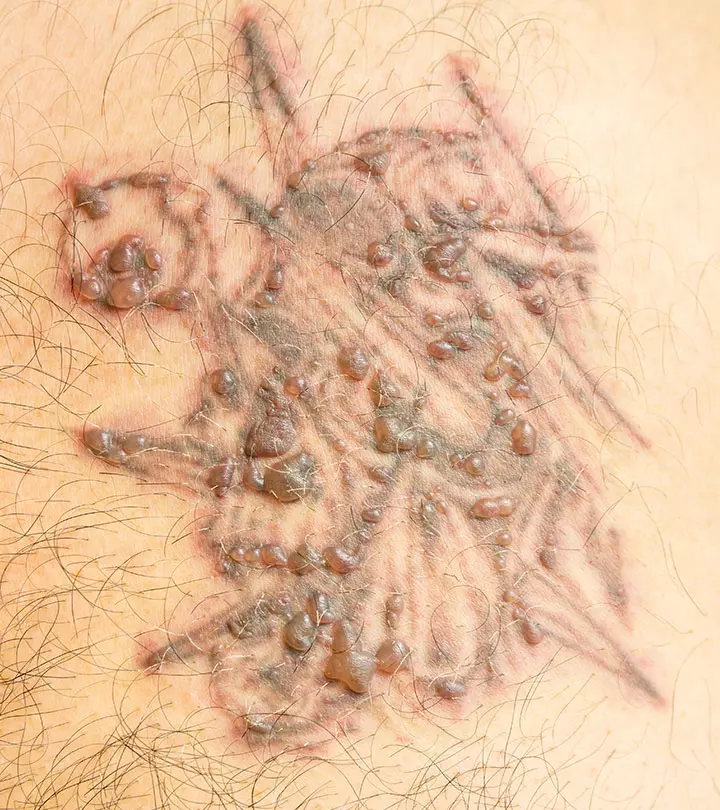
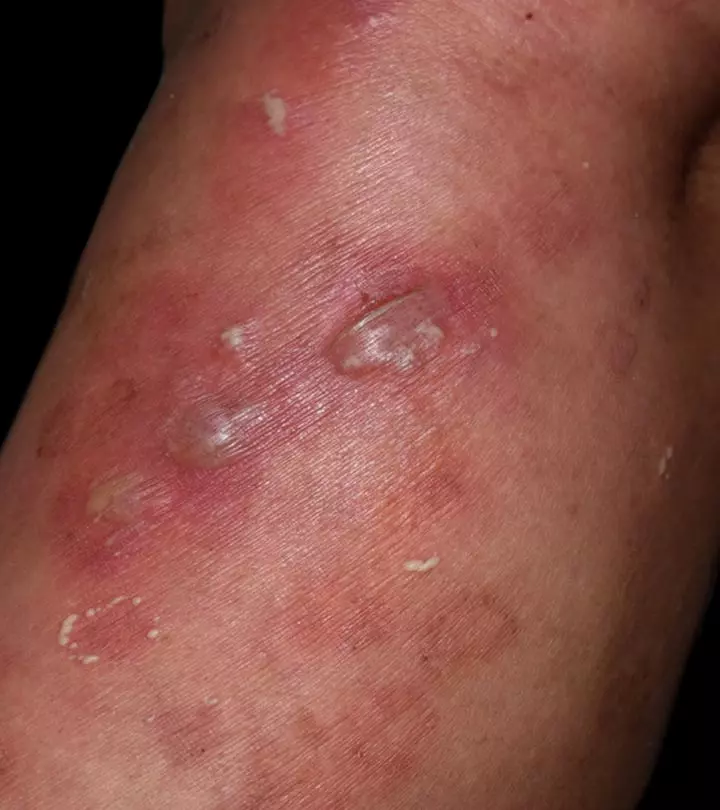
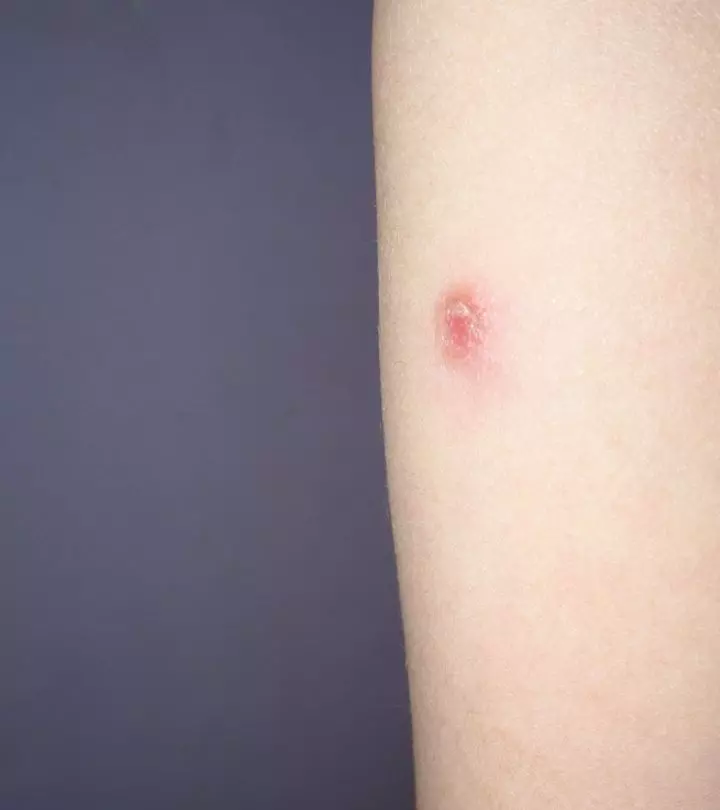
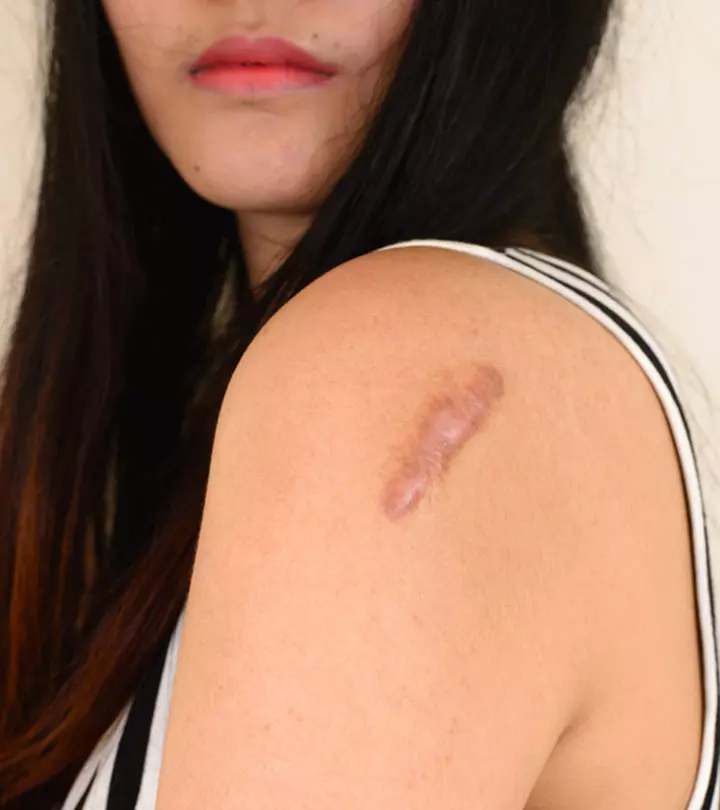
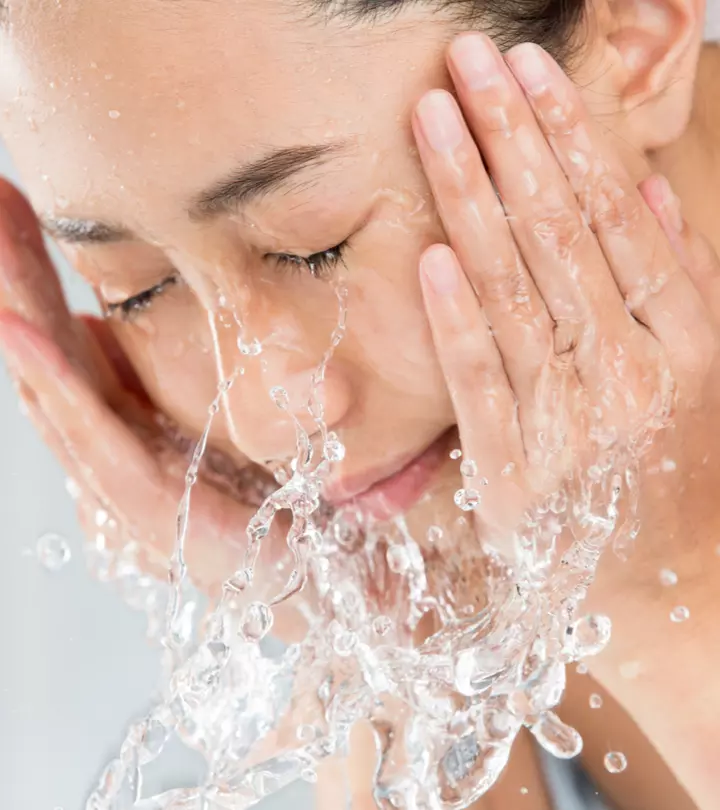
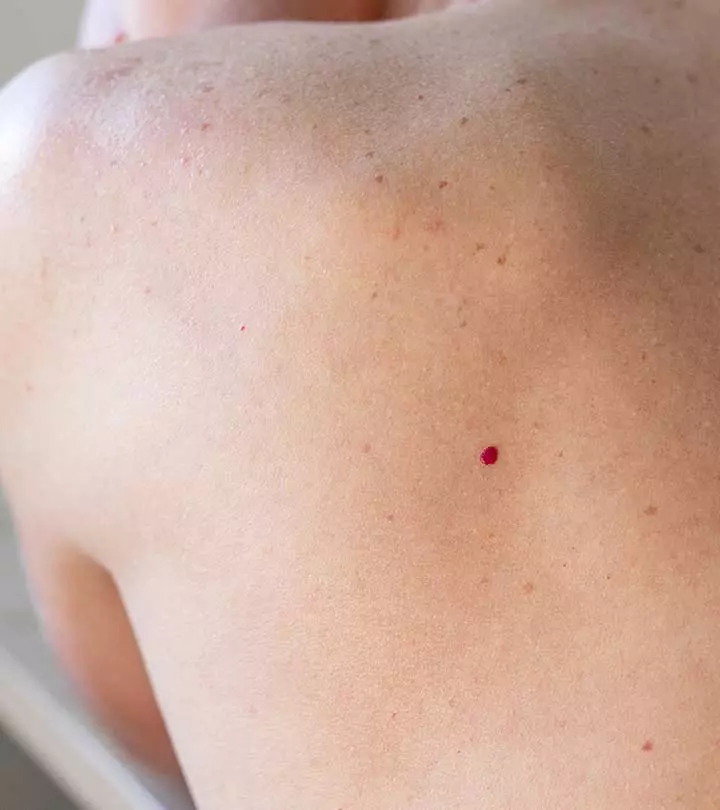
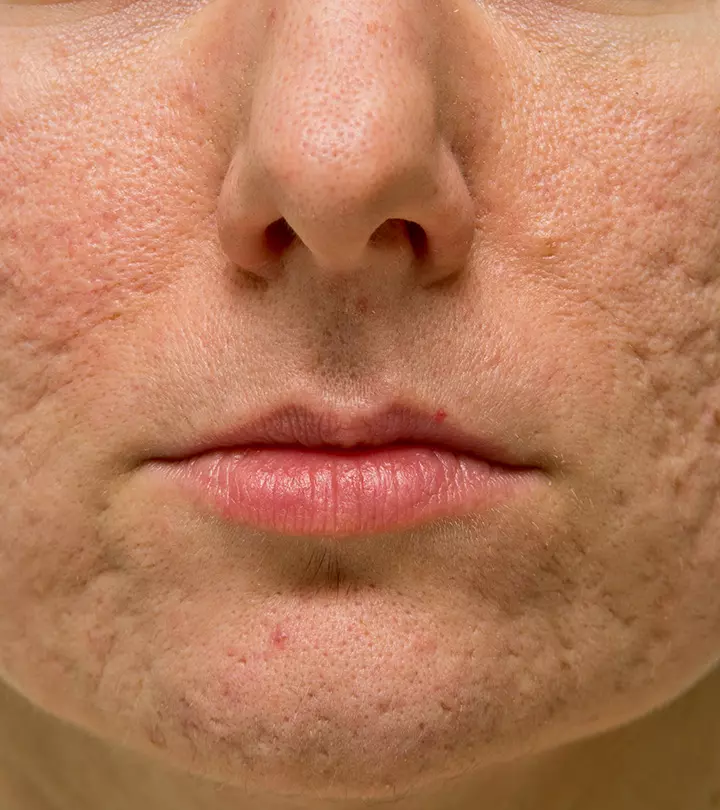
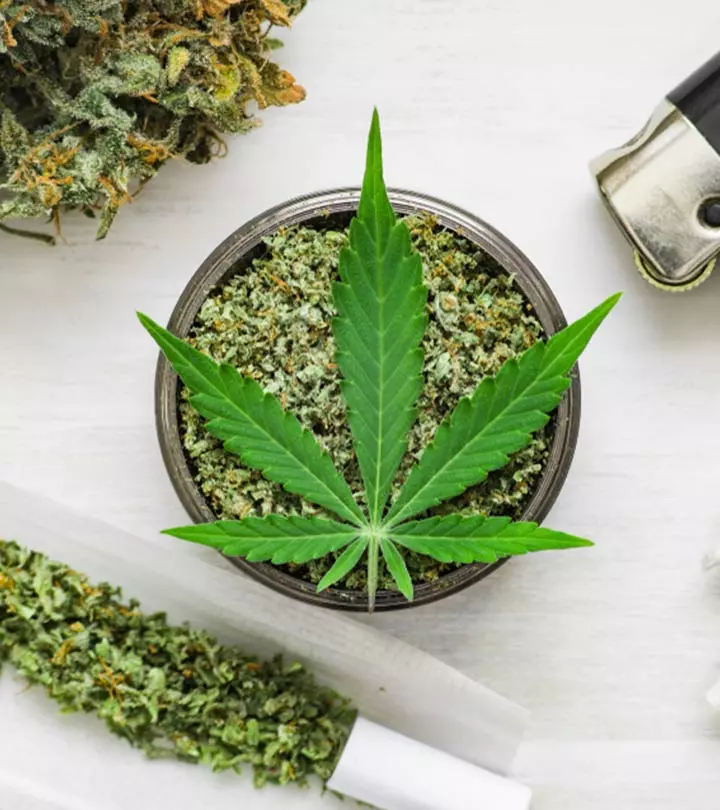



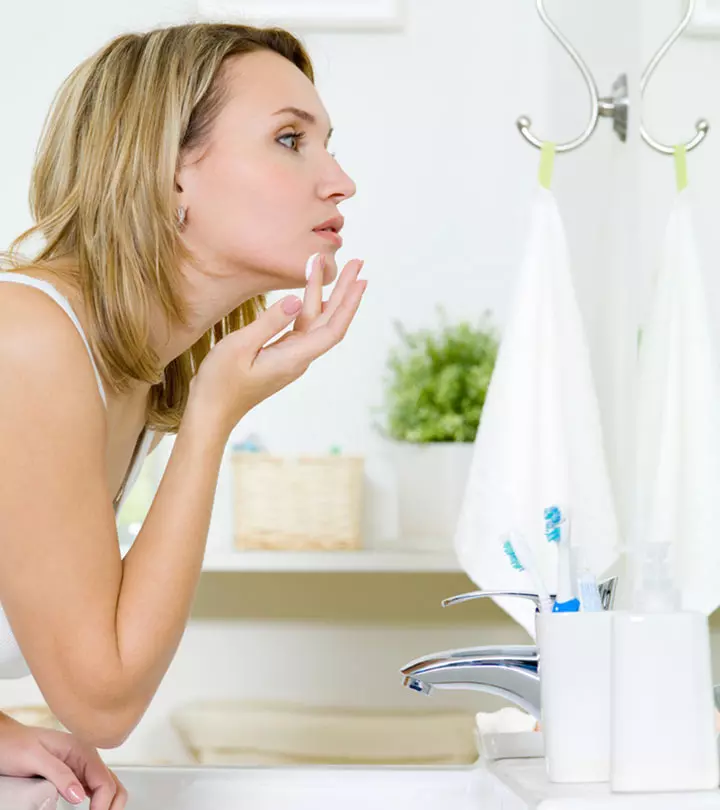




Community Experiences
Join the conversation and become a part of our empowering community! Share your stories, experiences, and insights to connect with other beauty, lifestyle, and health enthusiasts.